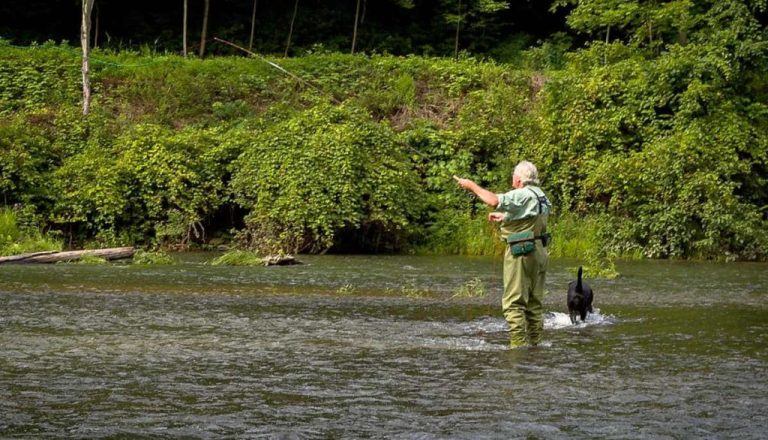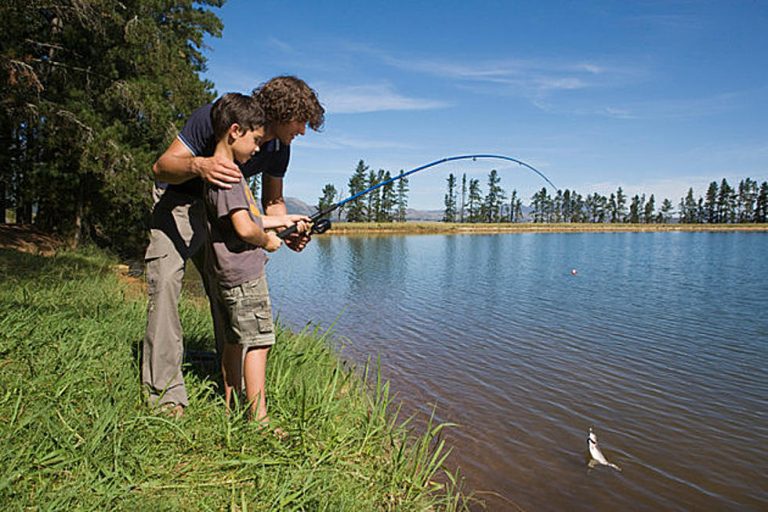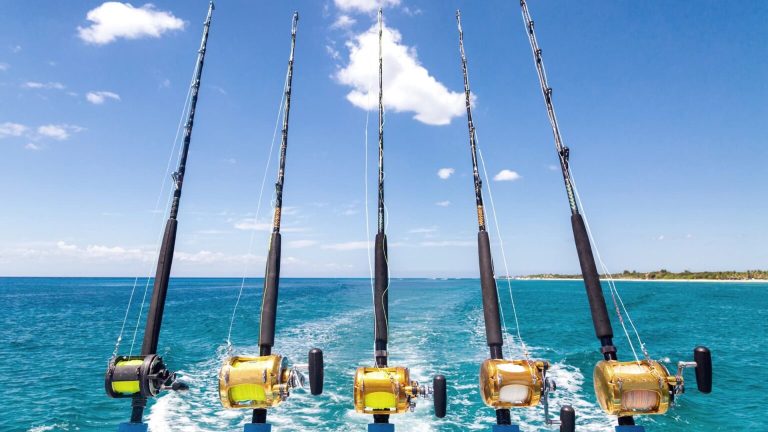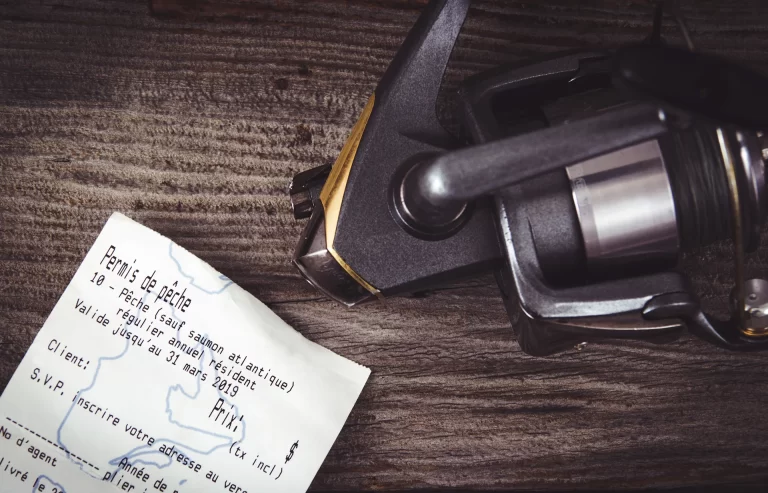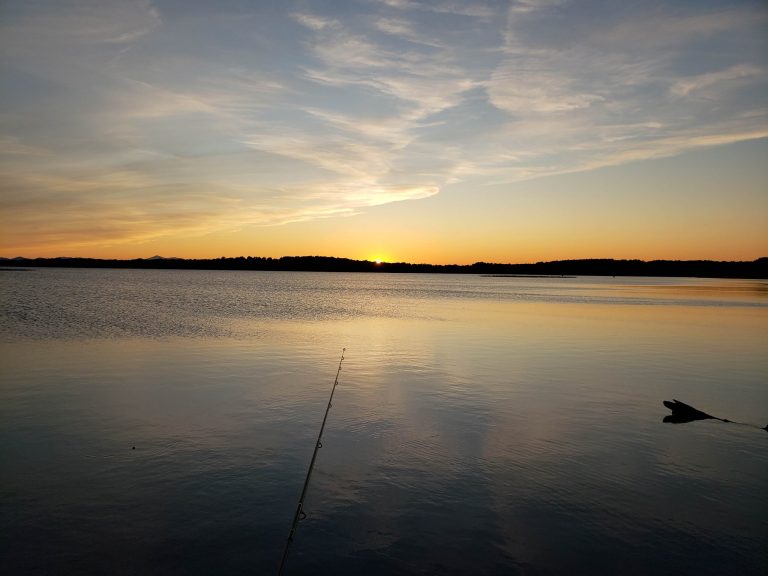Are you planning a fishing trip to the Ocean State and wondering about the cost of a fishing license? Look no further! In this comprehensive guide, we’ll break down everything you need to know about Rhode Island fishing licenses, including types, fees, and how to obtain one. Whether you’re a resident or visitor, we’ve got you covered with the most up-to-date information for a hassle-free fishing experience.
Why Do You Need a Fishing License in Rhode Island?
Before we dive into the specifics of Rhode Island fishing licenses, let’s understand why they are necessary. Fishing licenses are required by law for anyone aged 15 or older who wishes to fish in the state’s waters. The purpose of these licenses is twofold:
- Conservation: The fees collected from fishing licenses help fund conservation efforts, including fisheries management, habitat restoration, and research. By purchasing a license, you contribute to the protection and sustainability of Rhode Island’s aquatic resources.
- Regulation: Licenses allow the state to monitor and regulate fishing activities, ensuring that everyone follows the rules and regulations set forth by the Rhode Island Department of Environmental Management (DEM). This helps maintain healthy fish populations and fair access for all anglers.
Types of Rhode Island Fishing Licenses
Rhode Island offers several types of fishing licenses to cater to the needs of different anglers. Here are the main categories:
1. Freshwater Fishing Licenses
If you plan on fishing in Rhode Island’s lakes, rivers, streams, and ponds, you’ll need a freshwater fishing license. The fees for these licenses vary depending on residency and duration:
- Resident Annual License: $21
- Non-Resident Annual License: $38
- Non-Resident Tourist License (3 consecutive days): $18
- Trout Conservation Stamp (required for trout fishing): $5.50
2. Saltwater Fishing Licenses
For those looking to fish in Rhode Island’s marine waters, a saltwater fishing license is required. The fees for saltwater licenses are as follows:
- Resident Annual License: $7
- Non-Resident Annual License: $10
- 7-Day License (both residents and non-residents): $5
It’s important to note that Rhode Island has reciprocal agreements with neighboring states, including New York, Connecticut, Massachusetts, and Maine. This means that if you hold a valid saltwater fishing license from one of these states, you can fish in Rhode Island waters without purchasing an additional license.
3. Combination Licenses and Specialty Permits
In addition to the standard freshwater and saltwater licenses, Rhode Island offers a few specialty permits and combination licenses:
- Combination Hunting & Fishing License (residents only): $38
- Resident Trout Conservation Stamp: $5.50
- Non-Resident Trout Conservation Stamp: $5.50
These combination licenses and stamps provide additional privileges and support specific conservation efforts.
Exemptions and Discounts
While most anglers are required to obtain a fishing license, there are a few exemptions and discounts available:
- Children under 15 are not required to have a license.
- Anglers over 65 who are Rhode Island residents can obtain a free permanent license.
- Disabled veterans with a 100% disability rating can receive a free permanent license.
- Active military personnel stationed in Rhode Island are eligible for resident license fees.
How to Get Your Rhode Island Fishing License
Now that you know the types of licenses available and their associated fees, let’s explore how to obtain your Rhode Island fishing license. You have a few options:
- Online: The easiest and quickest way to get your license is through the Rhode Island Outdoors (RIO) portal. Simply create an account, select the desired license, pay with a credit card, and print your permit immediately.
- In-Person: Visit an authorized license vendor, such as a tackle shop or sporting goods store. You can find a list of vendors on the DEM website.
- By Mail: Download and complete the application form from the DEM website, and mail it along with the appropriate payment to the provided address.
When purchasing your license in person or by mail, keep in mind that there may be an additional Enhanced Access Fee (EAF) charged by the vendor. This fee helps cover the cost of the licensing system and varies based on residency:
- Residents: $2 per license, $0.50 per permit
- Non-Residents: $3 per license, $1 per permit
Fishing Regulations and Best Practices
Having your Rhode Island fishing license is just the first step to a successful and responsible fishing trip. It’s crucial to familiarize yourself with the state’s fishing regulations, seasons, catch limits, and size restrictions. Here are some key points to keep in mind:
- Check the Regulations: Review the current Rhode Island Freshwater Fishing Guide and Saltwater Fishing Guide for the most up-to-date regulations.
- Know Your Limits: Pay attention to daily catch limits and size restrictions for each species. These limits help maintain healthy fish populations and ensure sustainable fishing practices.
- Practice Catch and Release: Consider releasing fish that you don’t plan to eat, especially if they are undersized or during spawning seasons. Handle the fish gently and minimize their time out of the water to increase their chances of survival.
- Respect the Environment: Be mindful of your surroundings and dispose of trash, fishing line, and other debris properly. Use biodegradable or non-lead fishing tackle whenever possible to minimize your impact on the ecosystem.
- Stay Safe: Always prioritize safety when fishing, especially in unfamiliar waters. Wear a life jacket, check weather conditions, and let someone know your planned location and return time.
Can I fish without a license in Rhode Island?
Only children under 15 and anglers over 65 who are Rhode Island residents can fish without a license. All other anglers must obtain the appropriate license for their fishing activities.
How long is my Rhode Island fishing license valid?
Annual licenses are valid from the date of purchase until December 31 of the same year. Temporary licenses, such as the 7-day saltwater permit or the 3-day tourist freshwater license, are valid for the specified number of consecutive days from the date of purchase.
Do I need a separate license for each type of fishing?
Yes, Rhode Island requires separate licenses for freshwater and saltwater fishing. If you plan to fish in both types of waters, you’ll need to obtain the appropriate license for each.
What happens if I lose my fishing license?
If you purchased your license online through the RIO portal, you can easily reprint it by logging into your account. If you obtained your license in person or by mail, contact the DEM or the vendor where you purchased the license for a replacement.
Are there any free fishing days in Rhode Island?
Currently, Rhode Island does not offer any free fishing days. However, the state does provide free fishing events and clinics throughout the year to promote the sport and educate anglers. Check the DEM website for upcoming events.
Supporting Rhode Island’s Fishing Community
Obtaining your Rhode Island fishing license is more than just a legal requirement; it’s an investment in the future of the state’s fisheries and a way to support the local fishing community. Your license fees contribute to:
- Fisheries Management: The DEM uses license revenue to monitor fish populations, set appropriate regulations, and ensure the long-term sustainability of Rhode Island’s fisheries.
- Habitat Conservation: Funds from licenses help protect and restore critical fish habitats, such as rivers, streams, and coastal areas.
- Access Improvements: The DEM works to maintain and enhance public access points, boat ramps, and fishing piers, making it easier for anglers to enjoy their favorite fishing spots.
- Education and Outreach: License fees support educational programs, fishing clinics, and outreach efforts that introduce new anglers to the sport and promote responsible fishing practices.
By purchasing your fishing license, you become an active participant in the conservation and enjoyment of Rhode Island’s diverse fisheries.
Conclusion
Fishing in Rhode Island is a rewarding experience that offers a wide range of opportunities for anglers of all skill levels. By understanding the state’s fishing license requirements, fees, and regulations, you can ensure a safe, legal, and enjoyable fishing trip. Remember to purchase your license before heading out, follow the rules, and practice responsible fishing habits to help preserve Rhode Island’s aquatic resources for generations to come.
